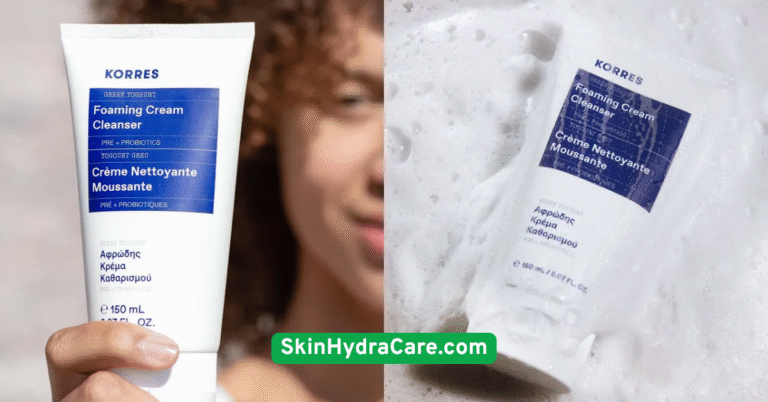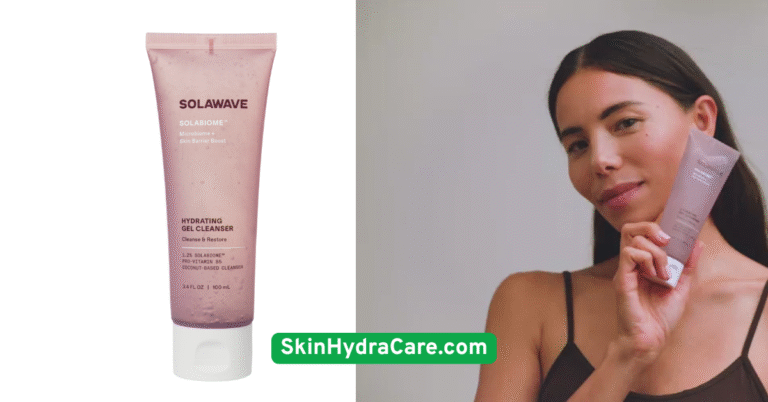30 Gentle Skincare Tips to Avoid Irritation in 2025

1. Use a Sulfate-Free Cleanser
Sulfates like SLS (sodium lauryl sulfate) are commonly found in foaming cleansers, but they can strip the skin of its natural oils. This leads to dryness, irritation, and even breakouts for those with sensitive skin. Opt for sulfate-free cleansers that offer gentle cleansing without the harsh lather.Look for options containing nourishing ingredients like aloe vera, glycerin, or chamomile extract. These ingredients cleanse while maintaining your skin’s pH balance — a crucial factor in preventing irritation. Choose formulas labeled “non-stripping” or “hydrating” for the best results.Sulfate-free doesn’t mean less effective. In fact, they’re often more skin-friendly, especially when used consistently. Over time, you’ll notice a softer texture and fewer flare-ups.

2. Always Patch Test New Products
Even the most “natural” product can trigger a reaction. That’s why patch testing is crucial — especially if you have reactive or allergy-prone skin. This simple step helps prevent full-face disasters.Apply a small amount of the product on your inner forearm or behind your ear and wait 24–48 hours. Look for signs of redness, itching, or bumps. No reaction? You’re probably good to go. But if you notice any irritation, skip it.Patch testing takes just minutes and can save you from weeks of recovery. It’s the easiest way to build a trustworthy routine.
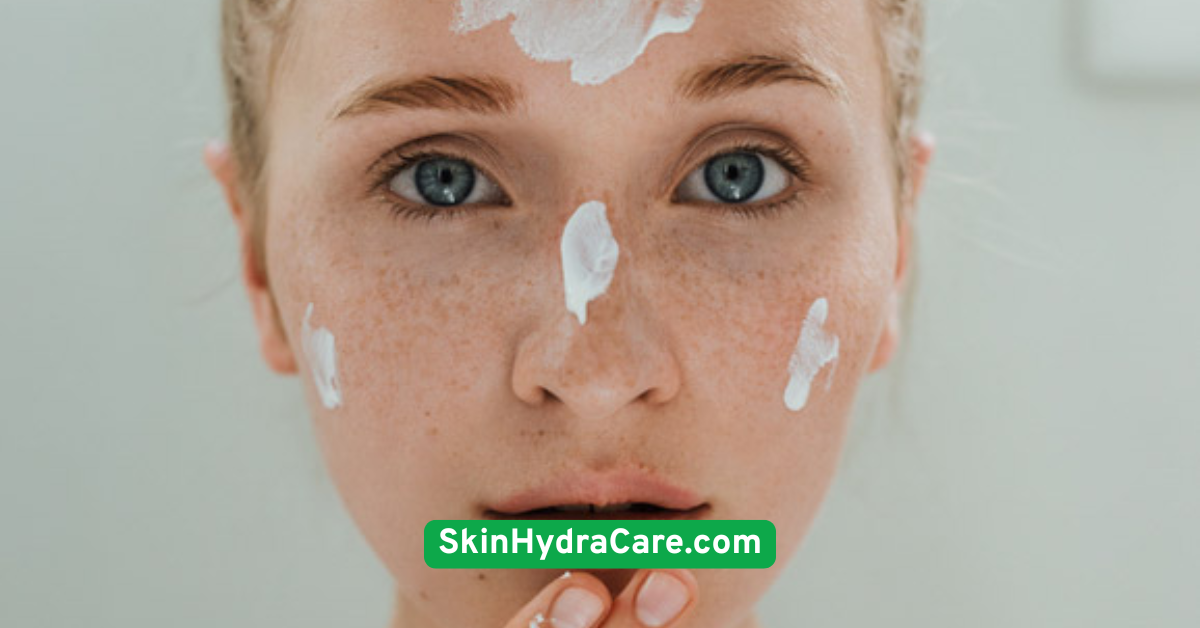
3. Stick to Fragrance-Free Formulas
Fragrance — both synthetic and natural — is a leading cause of contact dermatitis and skin allergies. While it might smell nice, it often doesn’t play nice with sensitive skin.When shopping, look for “fragrance-free” rather than “unscented.” The latter may still contain masking agents that irritate the skin. Botanical fragrances like lavender or citrus can also cause flare-ups, so proceed with caution.If you love scents, consider adding them through body mists or perfumes — just not in your skincare. Your skin barrier will thank you.
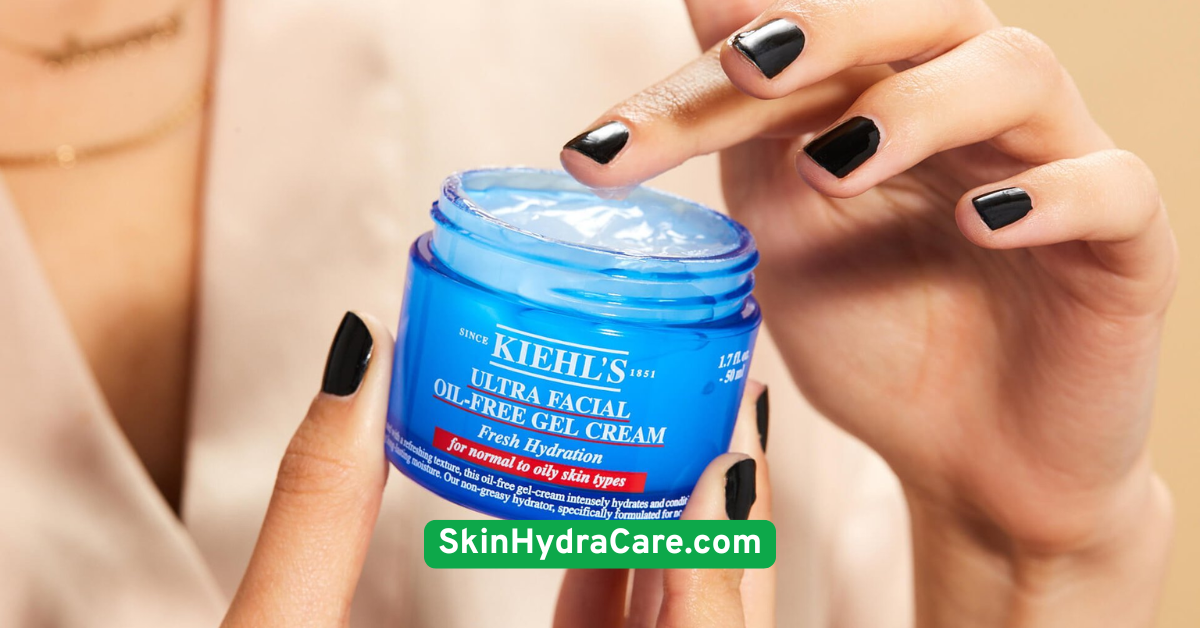
4. Choose Products with Minimal Ingredients
The shorter the ingredient list, the safer it usually is. Complicated formulas can introduce allergens or harsh actives you don’t need.Stick to products labeled “minimalist,” “hypoallergenic,” or “sensitive skin tested.” These are more likely to avoid alcohols, dyes, and unnecessary fillers.Less is more. You’ll find that fewer ingredients often mean fewer surprises — and less irritation.
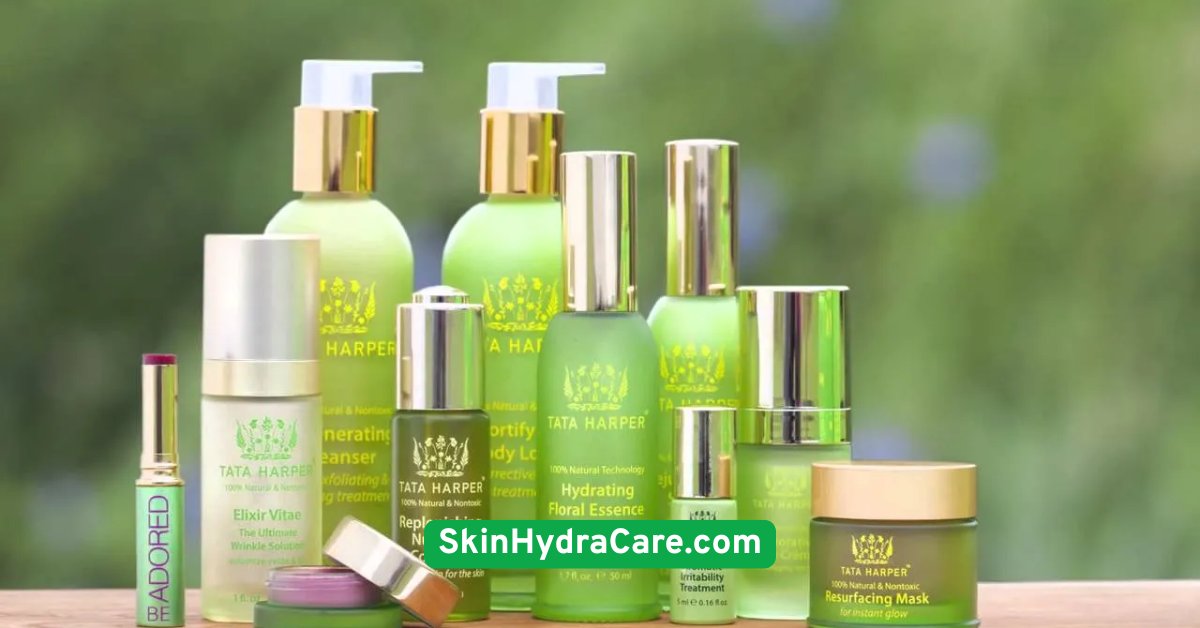
5. Avoid Harsh Physical Exfoliants
Scrubs with walnut shells, sugar, or microbeads might feel satisfying, but they can cause microscopic tears in your skin. These tears compromise the skin barrier, leading to inflammation and sensitivity.Instead, go for gentle chemical exfoliants like lactic acid or mandelic acid. They dissolve dead skin without the need for harsh friction.Frequency is also key. Once or twice a week is plenty for sensitive skin. Exfoliation should refresh, not punish your face.
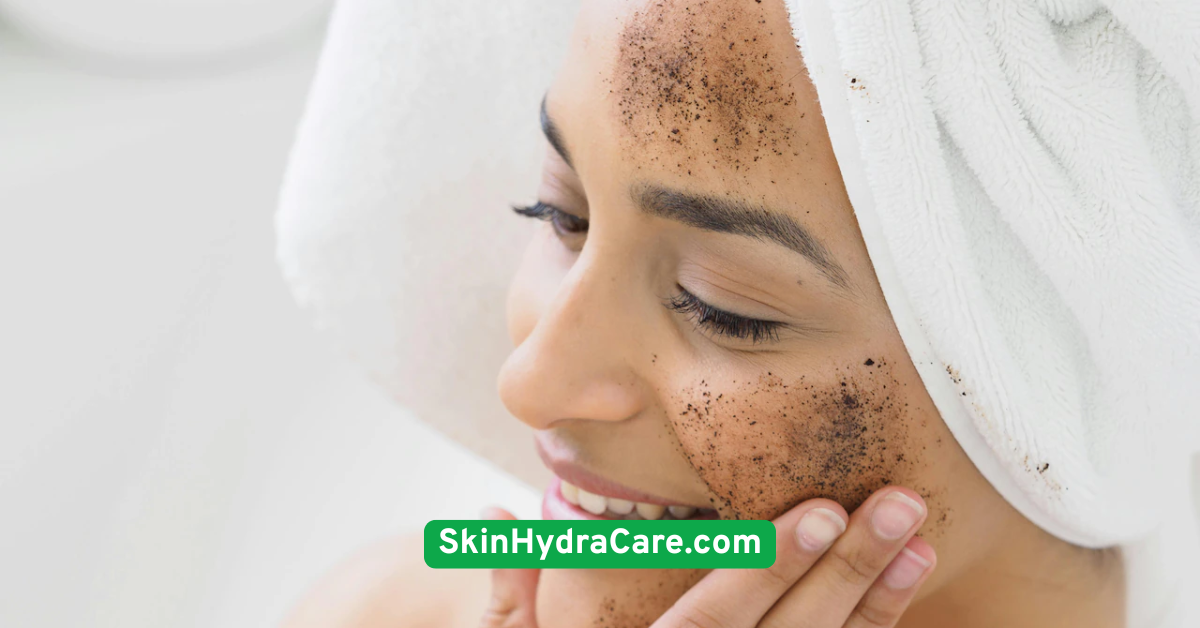
6. Apply Products on Damp Skin
Your skin absorbs products more efficiently when it’s slightly damp. This is especially true for hydrating serums and moisturizers.After cleansing, pat (don’t rub!) your face with a soft towel and immediately follow up with your next product. This helps lock in hydration and allows actives to penetrate better.It’s a small tweak that can make a noticeable difference — especially for dry or sensitive skin.

7. Moisturize Immediately After Cleansing
Timing is everything. Right after washing your face, your skin starts losing moisture through evaporation.Apply a gentle moisturizer right away to seal in hydration. Look for ingredients like ceramides, hyaluronic acid, or squalane — all excellent for rebuilding the skin’s protective barrier.This habit keeps your skin plump, nourished, and more resilient against external stressors.

8. Use Lukewarm Water Only
Hot water might feel relaxing, but it can seriously damage your skin barrier. It strips away essential oils, leading to dryness, tightness, and sensitivity.Always use lukewarm water when cleansing or rinsing your face. It’s gentle enough to clean without compromising your skin’s natural defenses.Bonus: your products will work better and your skin will feel more balanced.

9. Introduce One New Product at a Time
Trying multiple new products at once? That’s a recipe for disaster. If irritation occurs, you won’t know what caused it.Add one product at a time, ideally spaced a week apart. This allows your skin to adjust and gives you time to monitor any reactions.Slow and steady wins the skincare race — and saves your face.
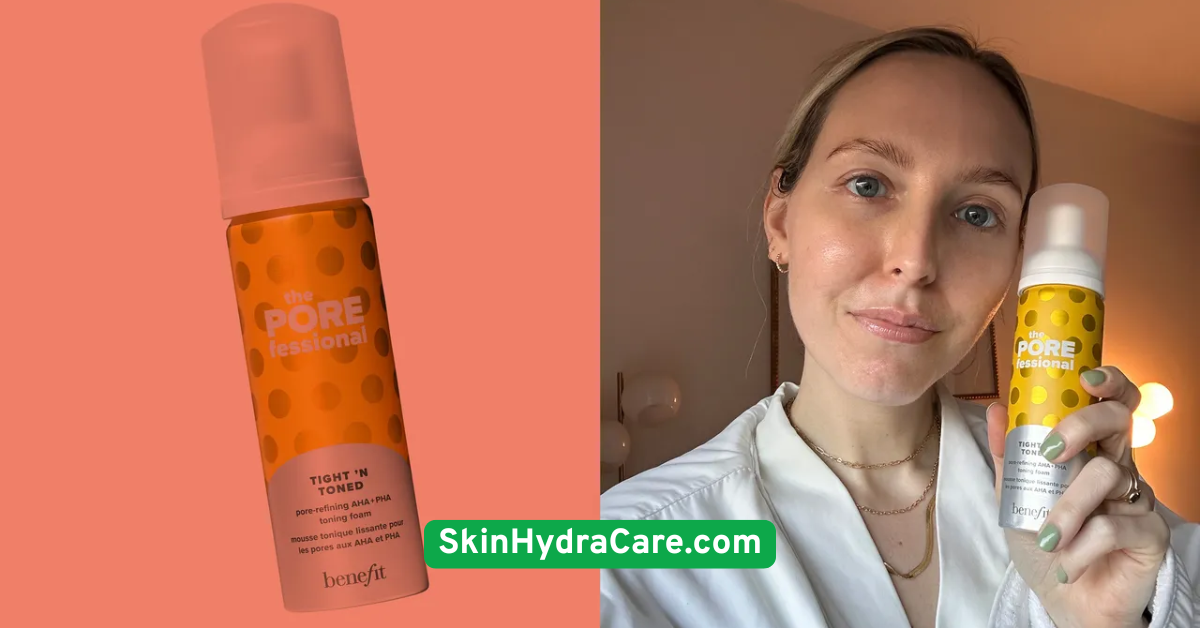
10. Avoid Over-Cleansing
Cleansing too often, especially with strong formulas, can leave your skin feeling raw and stripped.Stick to cleansing once in the morning and once at night. If your skin is dry, consider skipping the morning cleanse and simply rinsing with water.The goal is clean, not squeaky-clean. Balance is everything when it comes to preserving skin health.

11. Incorporate Ceramides into Your Routine
Ceramides are like bricks in your skin’s wall — they hold everything together. If your barrier is damaged, ceramides help repair and strengthen it.You’ll find them in moisturizers, creams, and even serums. Look for formulas that include “ceramide NP” or “ceramide EOP.”Regular use can drastically reduce irritation and help your skin stay moisturized longer.

12. Ditch Alcohol-Based Toners
That sting you feel after applying a toner? That’s not your skin “tightening” — it’s irritation.Avoid products that list denatured alcohol, SD alcohol, or ethanol in the top ingredients. Instead, choose soothing toners with chamomile, rose water, or oat extract.Alcohol-free toners hydrate and prep the skin without any of the drying side effects.
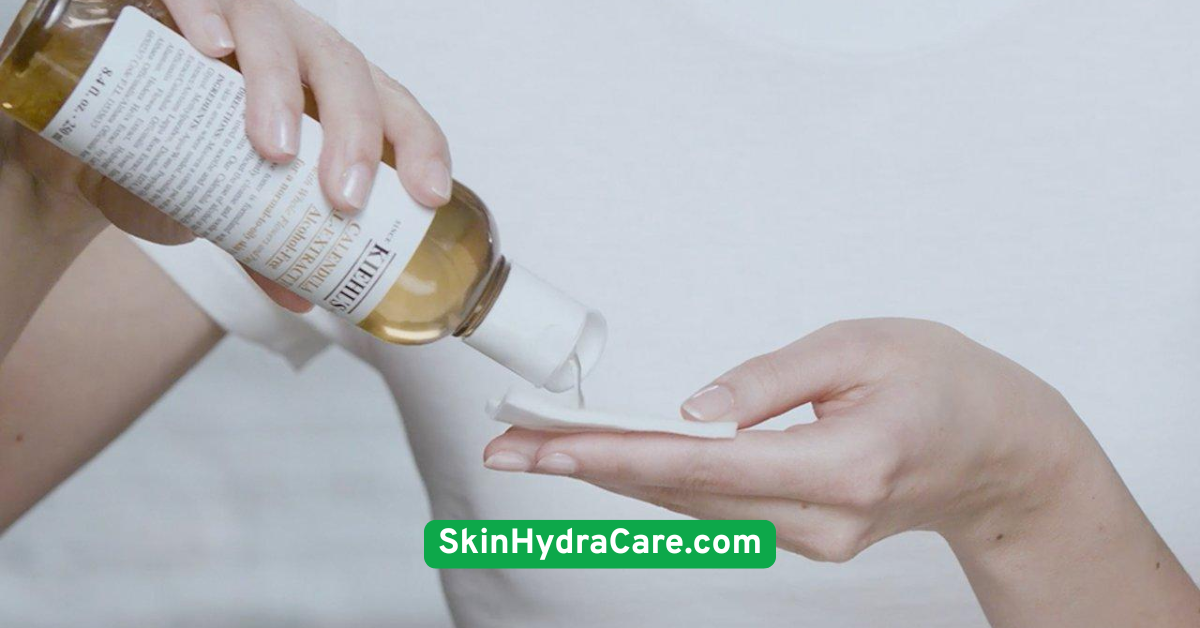
13. Wear Sunscreen Daily
Yes, even on cloudy days. UV rays damage the skin barrier and can worsen redness and inflammation.Opt for mineral sunscreens with zinc oxide or titanium dioxide — these are less likely to cause reactions compared to chemical filters.Daily SPF is your best friend in the fight against irritation, aging, and uneven tone.

14. Try Using Aloe Vera Gel
Aloe vera is a natural anti-inflammatory with cooling, calming properties. It’s especially great after sun exposure or during flare-ups.Use pure aloe vera gel with minimal additives. Apply a thin layer on clean skin or mix it with your moisturizer.It’s a skin-soothing staple that belongs in every sensitive skincare kit.

15. Sleep on a Clean, Soft Pillowcase
Your pillowcase collects bacteria, oils, and skincare residue — all of which can irritate your skin overnight.Switch to breathable fabrics like cotton or silk, and wash your pillowcases every 3–4 days.Good skincare doesn’t stop at the bathroom sink. It continues while you sleep!
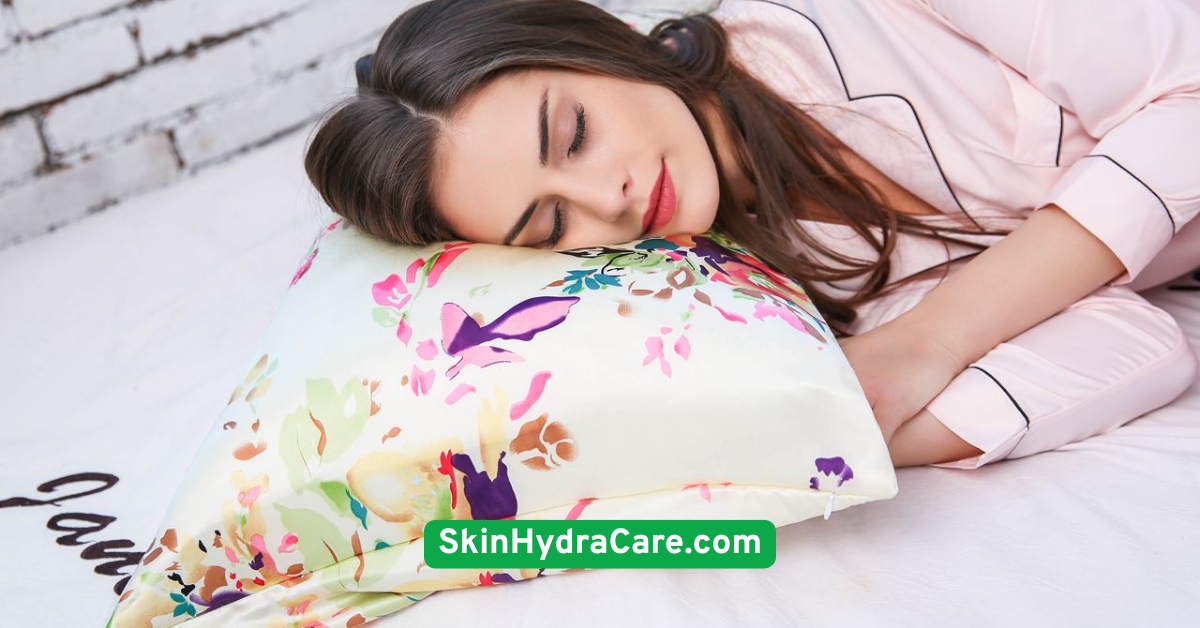
16. Keep Your Skincare Routine Simple
More isn’t always better. In fact, overcomplicating your routine with too many actives or steps can cause more harm than good. A gentle three-step routine — cleanse, moisturize, and protect — can work wonders.Focus on building consistency with a few solid products. Once your skin calms down, you can introduce targeted treatments slowly.Simplicity is underrated but powerful. Give your skin space to breathe.
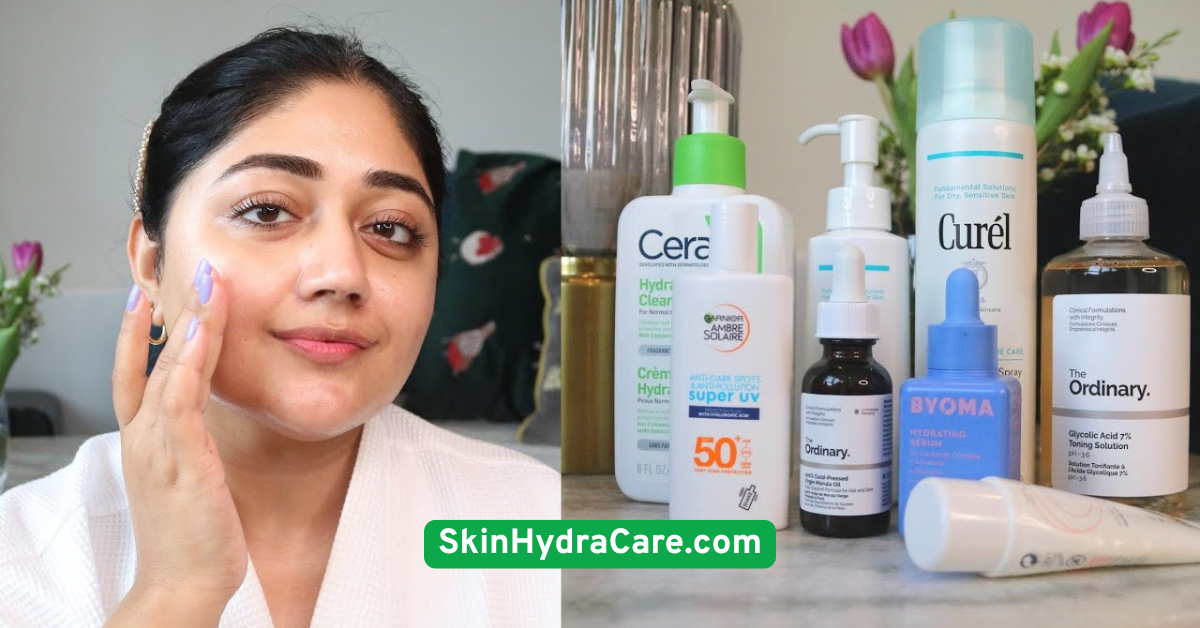
17. Avoid Touching Your Face
Every time you touch your face, you transfer bacteria, dirt, and oil from your hands. This can trigger breakouts, clogged pores, and sensitivity.Be mindful, especially during the day. If you need to apply product or itch, use clean hands or a tissue.Good hygiene goes hand in hand with good skin.

18. Don’t Layer Too Many Actives
Using retinol, vitamin C, AHAs, and BHAs in one go? Not a good idea. While these ingredients have benefits, layering them improperly can cause severe irritation.Learn what works together and what doesn’t. For example, use retinol at night and vitamin C in the morning — not both together.Smart layering is the secret to effective and gentle skincare.
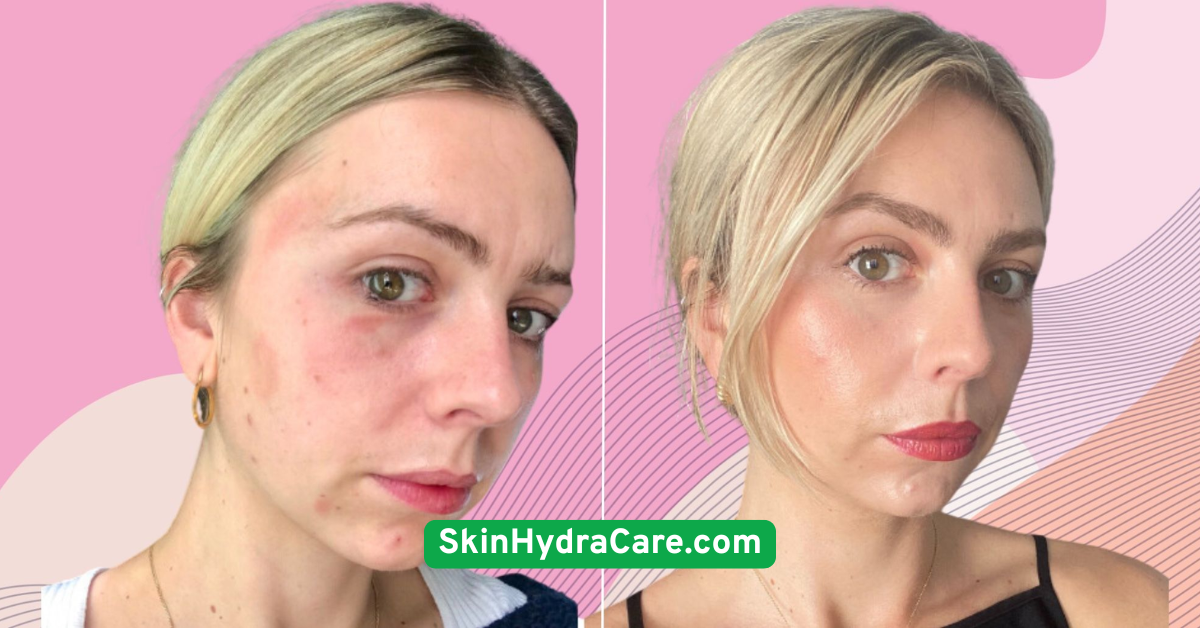
19. Opt for pH-Balanced Products
Your skin has a natural pH of around 5.5. Products that are too alkaline or acidic can disrupt this balance and lead to dryness and irritation.Choose products labeled as “pH-balanced” or ones tested for sensitive skin. They help maintain your skin’s protective acid mantle.Balanced pH equals happy skin.
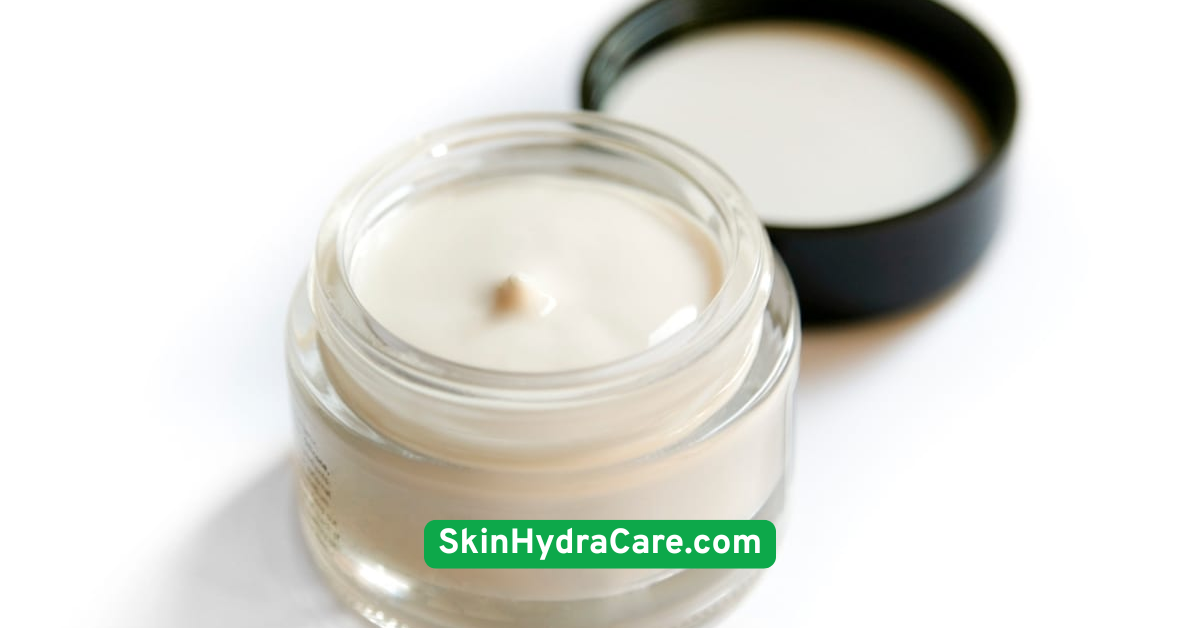
20. Use Clean Hands to Apply Products
It sounds obvious, but it’s often overlooked. Dirty hands can contaminate your skincare and transfer bacteria.Always wash your hands before touching your face. Avoid dipping fingers into jars — use clean spatulas when necessary.This tiny habit makes a big difference.
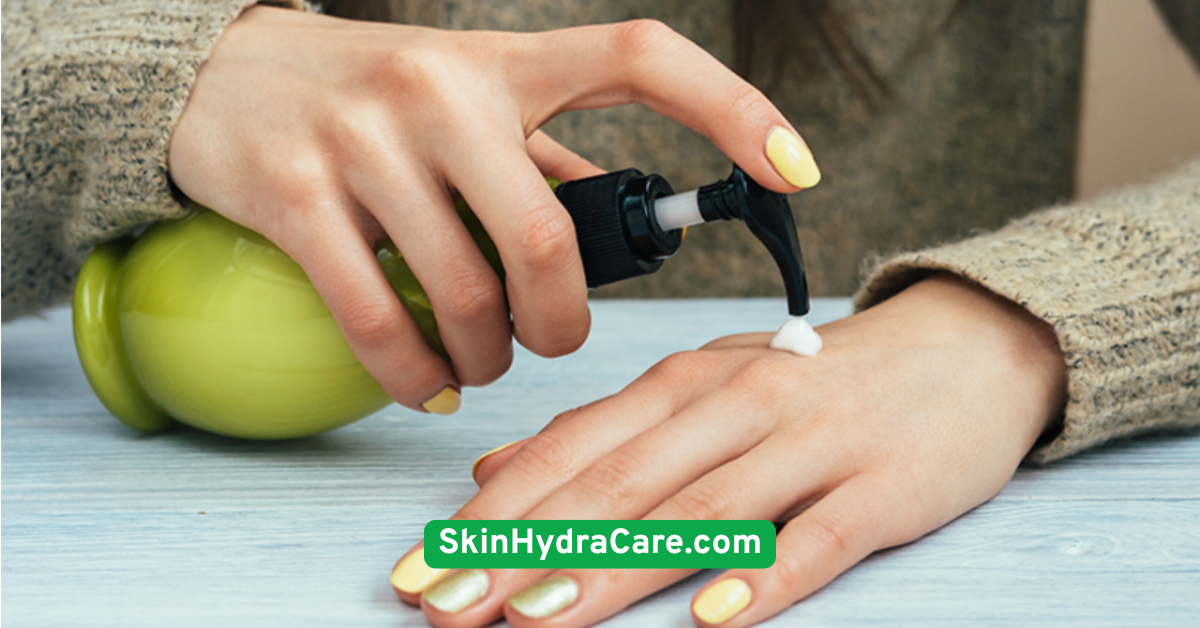
21. Store Skincare in a Cool, Dry Place
Extreme temperatures can alter the chemical composition of your products, making them less effective — or even irritating.Store items in a cool drawer or skincare fridge. Keep them away from direct sunlight and humidity (like your bathroom shelf).Stable products mean consistent results.

22. Hydrate Your Skin from Within
Skin hydration isn’t just about moisturizers — it starts with your water intake and diet. Drink plenty of fluids and eat water-rich foods like cucumbers and watermelon.Omega-3 fatty acids found in walnuts and flaxseed also support skin health from the inside out.Hydrated skin is happy skin.
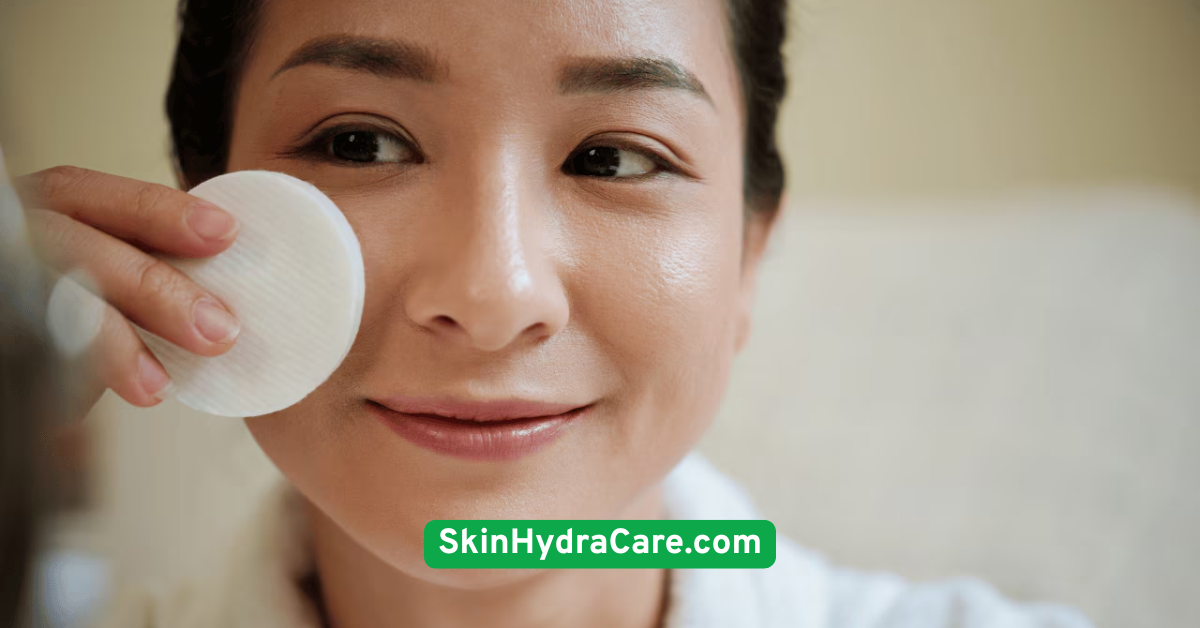
23. Skip Products with Essential Oils
While they sound natural and appealing, essential oils like tea tree, peppermint, and citrus can be highly irritating to sensitive skin.If you want botanical benefits, look for extracts that are standardized and dermatologically tested.Natural doesn’t always mean safe.
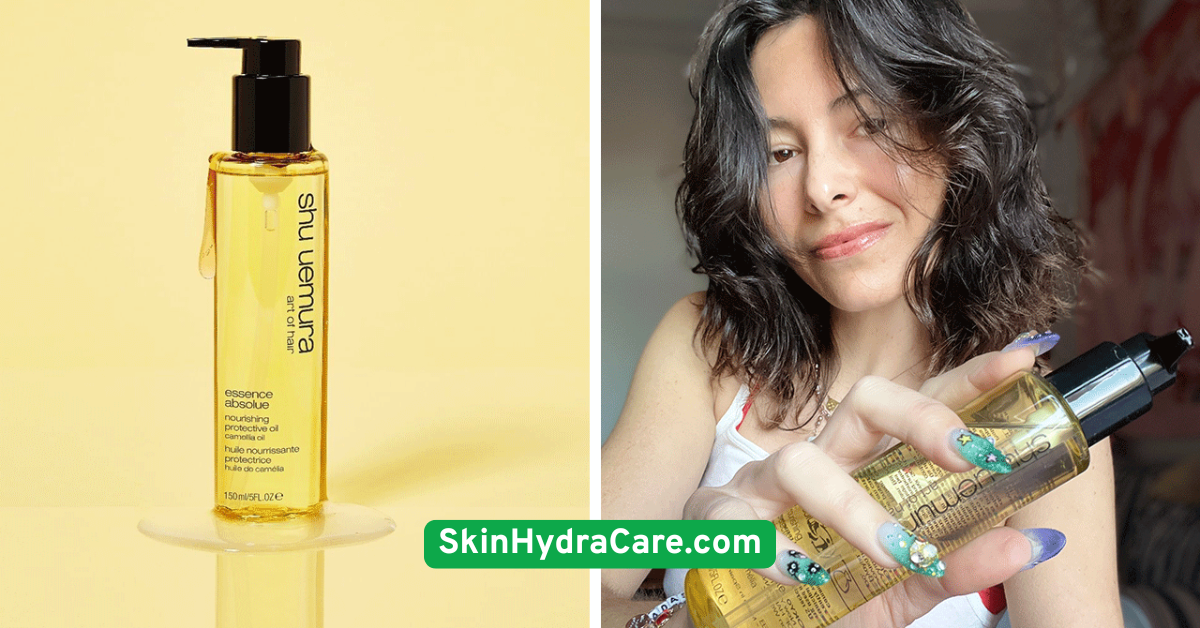
24. Be Gentle When Drying Your Face
Vigorously rubbing your face with a towel? Not helping. This friction can cause microtears and exacerbate redness.Pat your skin dry gently using a clean, soft towel. Better yet, let it air dry before moisturizing.Your skin is delicate — treat it that way.

25. Take Breaks from Makeup
Makeup can clog pores, trap dirt, and disrupt your skin’s ability to breathe. Especially when worn daily or not properly removed.Schedule makeup-free days to let your skin recover. Use lightweight, non-comedogenic formulas when you do wear it.Less coverage, more confidence.
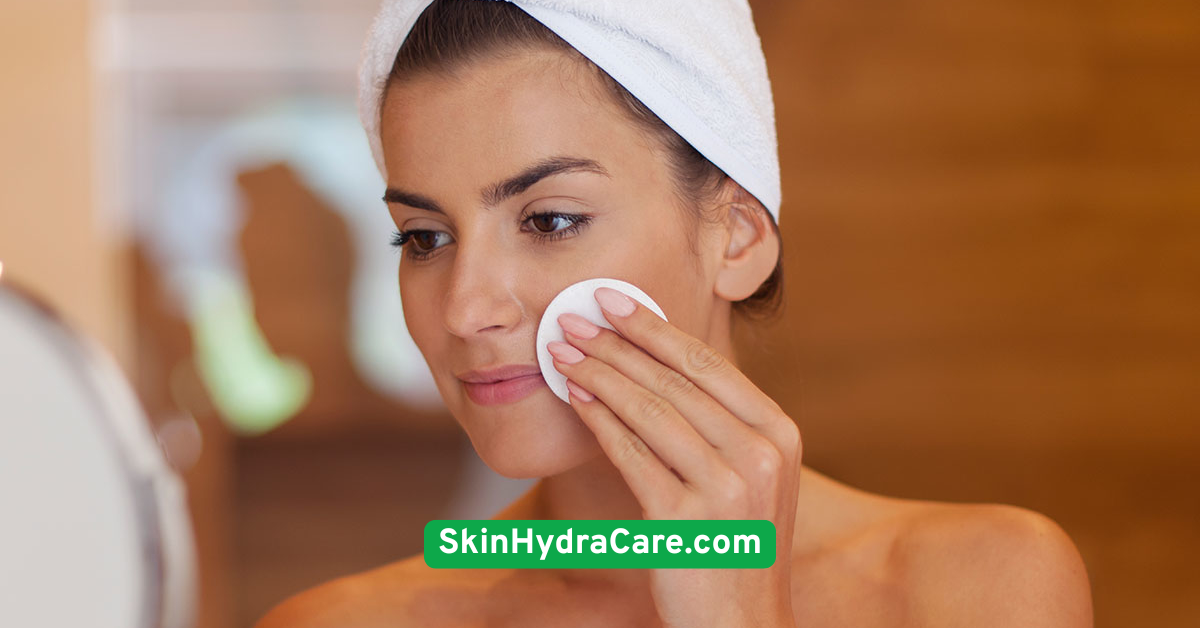
26. Use Barrier Creams When Needed
When your skin feels raw or compromised, a barrier cream with ingredients like petrolatum or lanolin can create a protective shield.These occlusives lock in moisture and prevent further irritation from the environment.Think of it as a cozy blanket for stressed skin.
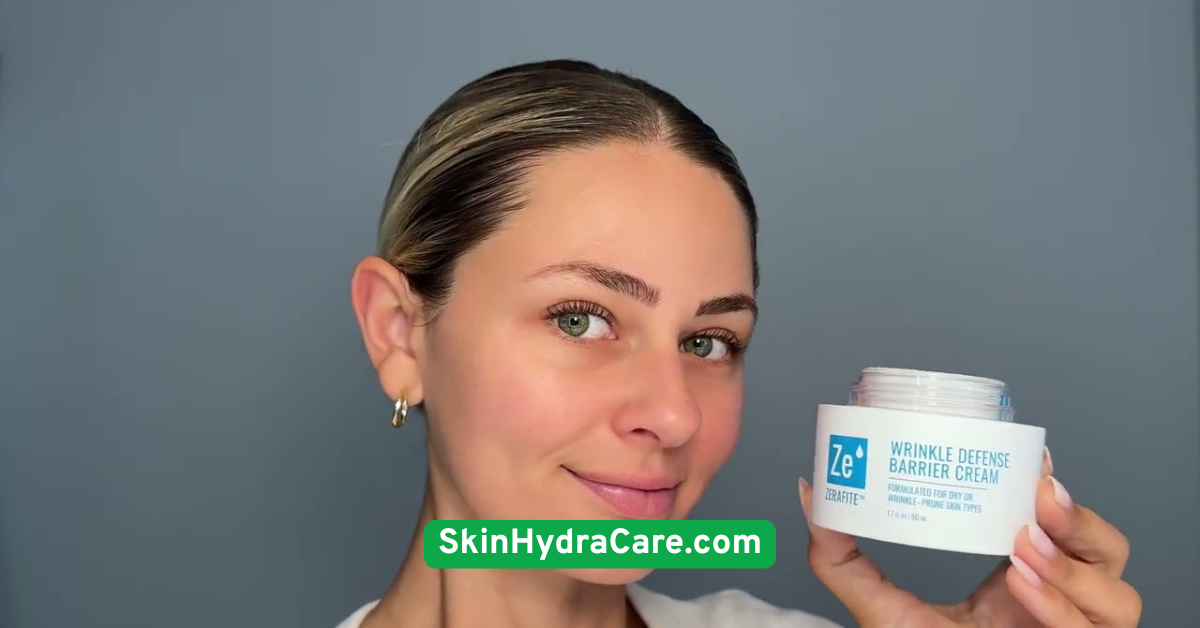
27. Don’t Overdo Face Masks
Masks can be beneficial — but too much of a good thing is still too much. Over-masking can overwhelm your skin and cause irritation.Use calming masks once or twice a week max. Look for ingredients like oat, honey, or calendula.Treat masks as an occasional treat, not a daily ritual.

28. Track Irritation Triggers in a Journal
Keep a simple skincare journal to note down what products you use, any changes in your routine, and how your skin reacts.This helps identify patterns and pinpoint triggers quickly. It’s especially useful if you’re prone to flare-ups.Knowledge is power — and your skin deserves it.
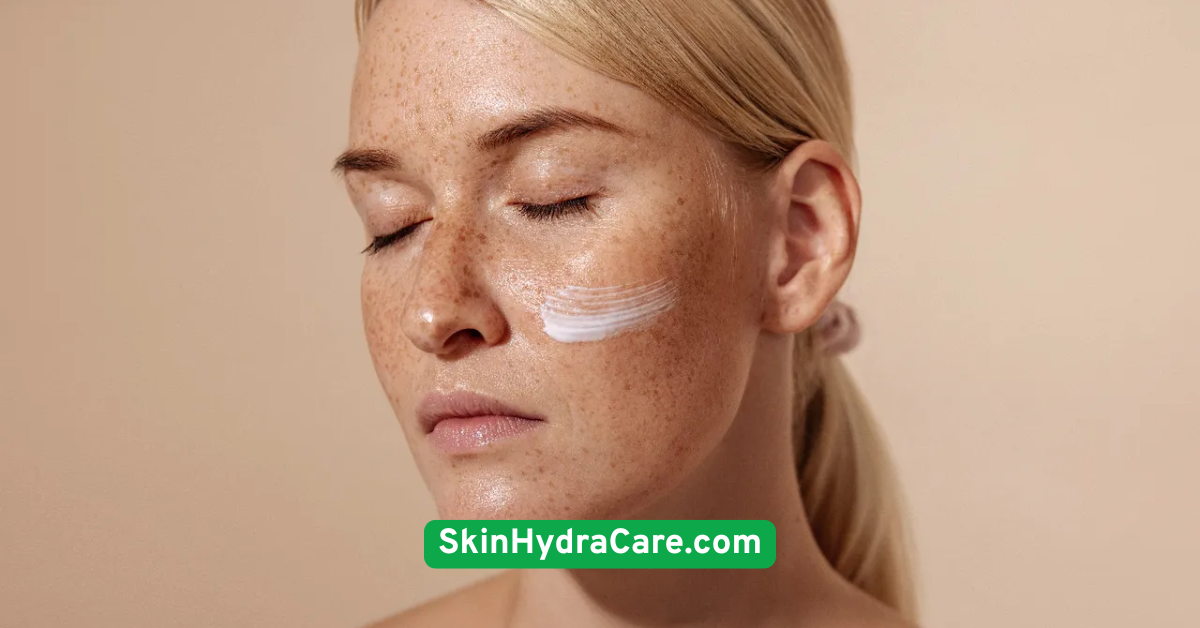
29. Avoid DIY Skincare with Harsh Ingredients
DIY might sound fun, but not everything in your kitchen belongs on your face. Lemon juice, baking soda, and toothpaste can throw off your pH and cause chemical burns.If you love DIY, stick to gentle options like oatmeal masks or honey treatments.Safety first, always.
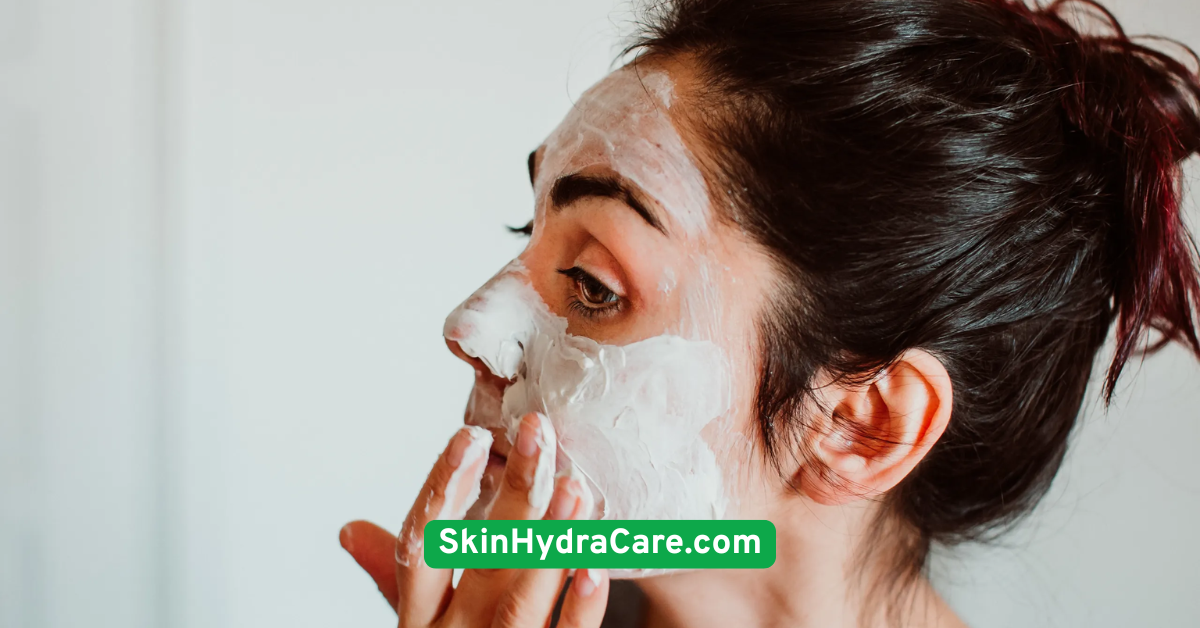
30. Listen to Your Skin, Not the Trends
The skincare world is full of noise — trending ingredients, viral hacks, 10-step routines. But what works for someone else might not work for you.Tune into how your skin feels, not just how it looks. If something stings, burns, or breaks you out — stop using it.Your skin speaks. Just make sure you’re listening.

Conclusion
Gentle skincare isn’t about perfection — it’s about protection. These 30 practical, budget-conscious tips are your roadmap to irritation-free skin that feels as good as it looks. From choosing the right cleanser to being mindful of trendy ingredients, every step you take makes a difference.So, let’s skip the stress, ditch the guesswork, and start treating our skin with the calm, caring approach it deserves. Less redness. More radiance. You’ve got this!Ready to start fresh? Bookmark this guide, try one or two tips at a time, and watch your skin begin to glow — the gentle way.
